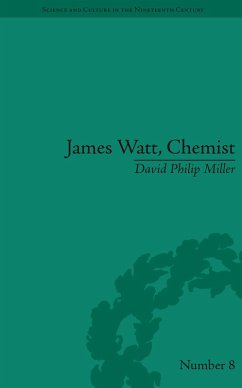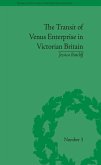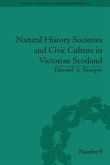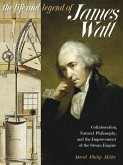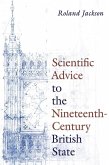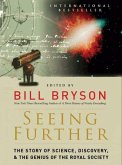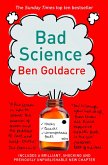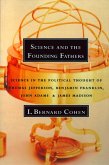In the Victorian era, James Watt became an iconic engineer, but in his own time he was also an influential chemist. Miller examines Watt's illustrious engineering career in light of his parallel interest in chemistry, arguing that Watt's conception of steam engineering relied upon chemical understandings. Part I of the bookRepresentationsexamines the way James Watt has been portrayed over time, emphasizing sculptural, pictorial and textual representations from the nineteenth century. As an important contributor to the development of arguably the most important technology of industrialization, Watt became a symbol that many groups of thinkers were anxious to claim. Part IIRealitiesfocuses on reconstructing the unsung "chemical Watt" instead of the lionized engineer.
Dieser Download kann aus rechtlichen Gründen nur mit Rechnungsadresse in A, D ausgeliefert werden.

